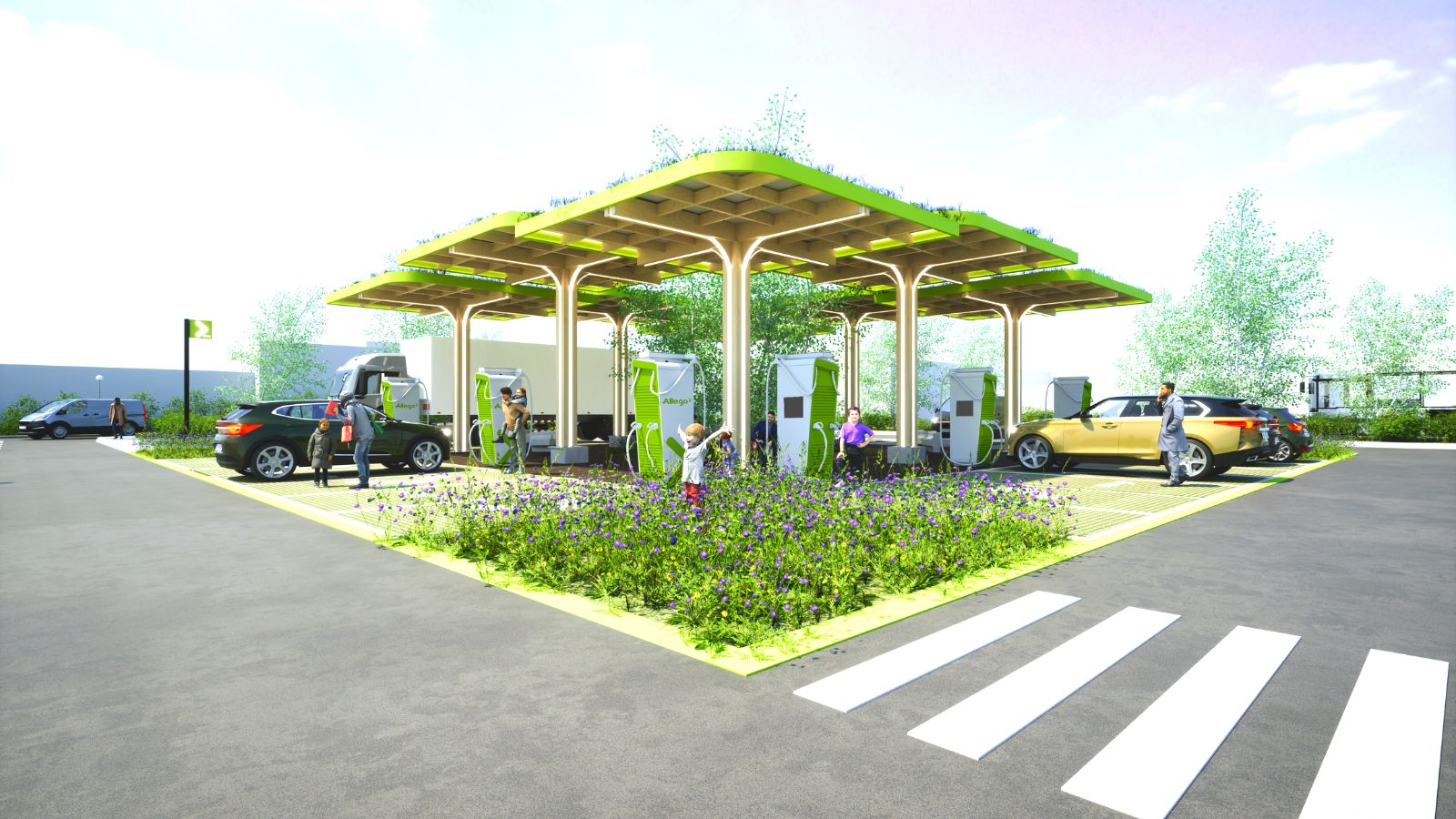Menu
Menu

Updated on Jul 27, 2023 | 6 min read
Electric vehicles (EVs) are becoming increasingly popular, and with that comes the need for efficient and convenient charging infrastructure. One topic that often sparks debate is the concept of DC (Direct Current) EV charging and the myths that surround it.
One prevalent myth is that using DC fast chargers can be harmful to an EV’s battery life. This misconception likely stems from the idea that faster charging generates more heat, which could potentially degrade the battery over time. However, modern EVs and DC charging stations are designed with advanced thermal management systems to handle rapid charging and maintain the battery’s temperature within safe limits.

While the myth of DC charging harming EV batteries is largely
unfounded, there is a grain of truth when it comes to charging speed and
battery health. Charging an EV too rapidly too frequently can cause
some degree of wear on the battery over time. However, the impact is
generally minimal and is unlikely to significantly affect the average EV
owner’s experience.
It’s important to note that the majority of EV drivers will use DC
fast charging only occasionally, such as during road trips or in
situations where they need a quick top-up. Most daily charging will
still take place at home using AC (Alternating Current) chargers, which provide a gentler charging experience and have less impact on battery health.

Another common misunderstanding is that all EVs can use any type of DC charger interchangeably. In reality, there are multiple DC charging standards, including CHAdeMO, CCS (Combined Charging System), and Tesla’s proprietary Supercharger network. While efforts have been made to standardize connectors and protocols, compatibility issues between different charging networks can still arise.
Most new EV models come equipped with the appropriate charging port for the region they are intended for, but it’s important for EV owners to be aware of the charging options available in their area and plan their routes accordingly. Adapters and converter cables may also be available to enable charging at non-native DC charging stations, but these solutions may not be optimal for all situations.
As the EV industry continues to evolve, so does the DC charging
landscape. Charging speeds are increasing, with the latest DC fast
chargers capable of delivering hundreds of kilowatts of power, allowing
for remarkably fast charging sessions. This progress is not only
improving the convenience of long-distance travel but also pushing the
boundaries of what is possible in terms of battery technology.
Moreover, ongoing efforts are being made to enhance
interoperability between different DC charging standards. Cross-industry
Collaborations are aimed at creating a more unified charging experience
for EV owners, reducing the confusion and inconveniences associated
with navigating various charging networks.
The myth that DC EV charging is inherently harmful to batteries is largely debunked by advancements in battery technology and management systems. While it’s true that excessive fast charging can have a marginal impact on battery health, the overall effect is not a cause for significant concern for the average EV owner. As the EV industry grows and technology improves, the charging infrastructure will continue to develop, making EVs an even more practical and accessible mode of transportation for people around the world.

Content Writer
© 2024 Massive Mobility Private Limited. All rights Reserved